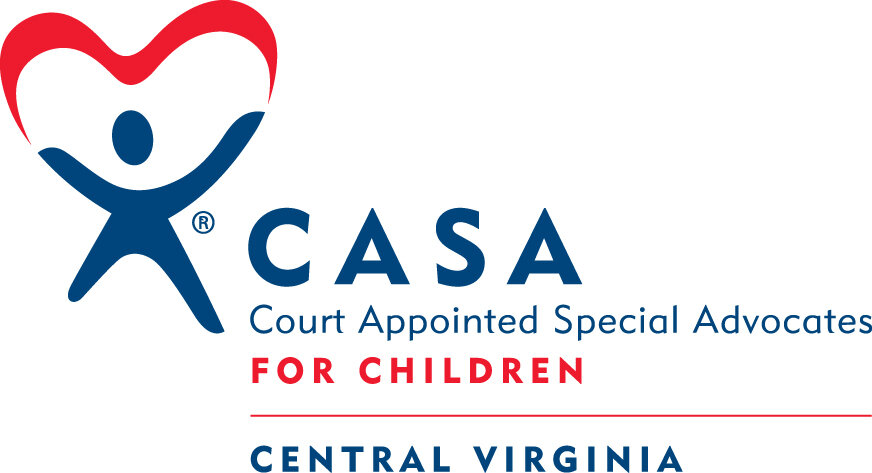Spotlight on "Shadow Foster Care"
You might've seen this article making the rounds of social media, and if you haven't read it yet, you need to--it's an important read, and we need to talk about it. Molly & Heaven's story is heartbreaking--Molly's story in particular is *exactly* the kind of chaos, neglect & family separation we DON'T want kids to experience. Ironically, these things were experienced in the name of avoiding the perceived greater harm of foster care. It's tricky, because concrete harms come with bringing any child into foster care--not just family separation, but the child possibly losing all contact with everything familiar & known, as well as the very real risk that at the end of a case, if a child is unable to return home or be placed with family, the parents' rights will be severed--what the article calls the "death penalty of family court." Plus, families generally don't WANT DSS or the courts in their lives long-term, so if safety can be achieved with less intervention, within the circle of family, that's great!
But.
It's undeniable that with foster care comes
-MUCH more formalized support for parents & children
-unlocked funding for services--for the child, the parent and potentially kinship caregivers
-greater clarity about the exit plan, & expectations for reunification to occur.
Additionally, the greater protections for parents' rights, in terms of state-funded attorneys for parents, court review of DSS-decision-making, etc., is an interesting aspect to consider as well.
Where we wholeheartedly agree with the article is in thinking about how to best build supports around children and families outside foster care. Too often, diversionary placements set up emergently leave caregivers of traumatized children far too soon, with far too little support in navigating all the complex systems the child's needs require. There is no monthly stipend supporting diversionary placements like there is for children in foster care. And if these diversionary placements are not formalized through a court order transferring custody, then kinship caregivers cannot even utilize food stamps, child-only TANF, Medicaid benefits, the child tax credit--they also cannot access medical care for the child, enroll them in school, or legally enforce any kind of limitations on contact between the parent and child. Additionally, if parental rights will be infringed in some way (e.g. limits on one parent's contact with their child),it's our strong belief that it needs to be codified in a court order, which makes clear how long the restriction will last, so the caregiver can have documentation for the school, police, etc., but also so the parent can request a review of those restrictions in court when their situations change.
Because there's more to talk about in this article than can be said in 1 post, we would love to keep the conversation going. Please read and let us know your thoughts--we would love to hear from as many different perspectives as possible!
